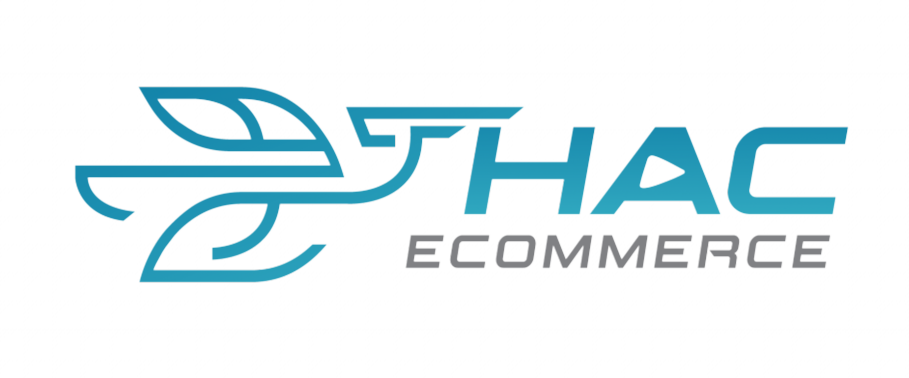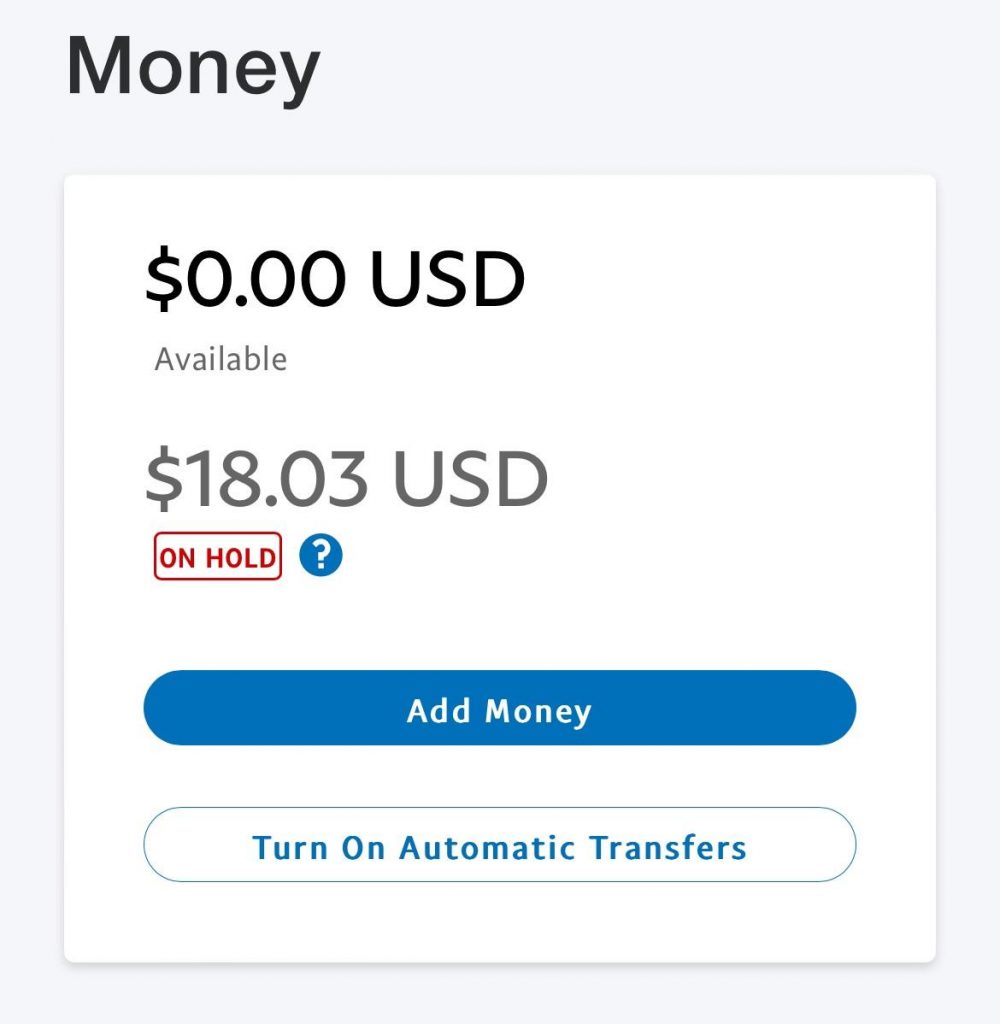Why Does PayPal Hold Funds for 21 Days? PayPal, the global online payment giant, has revolutionized cross-border transactions, making international sales more accessible than ever. However, many users, especially newcomers to the platform, often encounter a frustrating situation—funds being held for a specific period, typically 21 days. But what is the reason behind this holding period? Is it a protective measure, or does it merely create obstacles for sellers? This article will explore the reasons behind PayPal’s fund-holding policy and how it affects buyers and sellers.
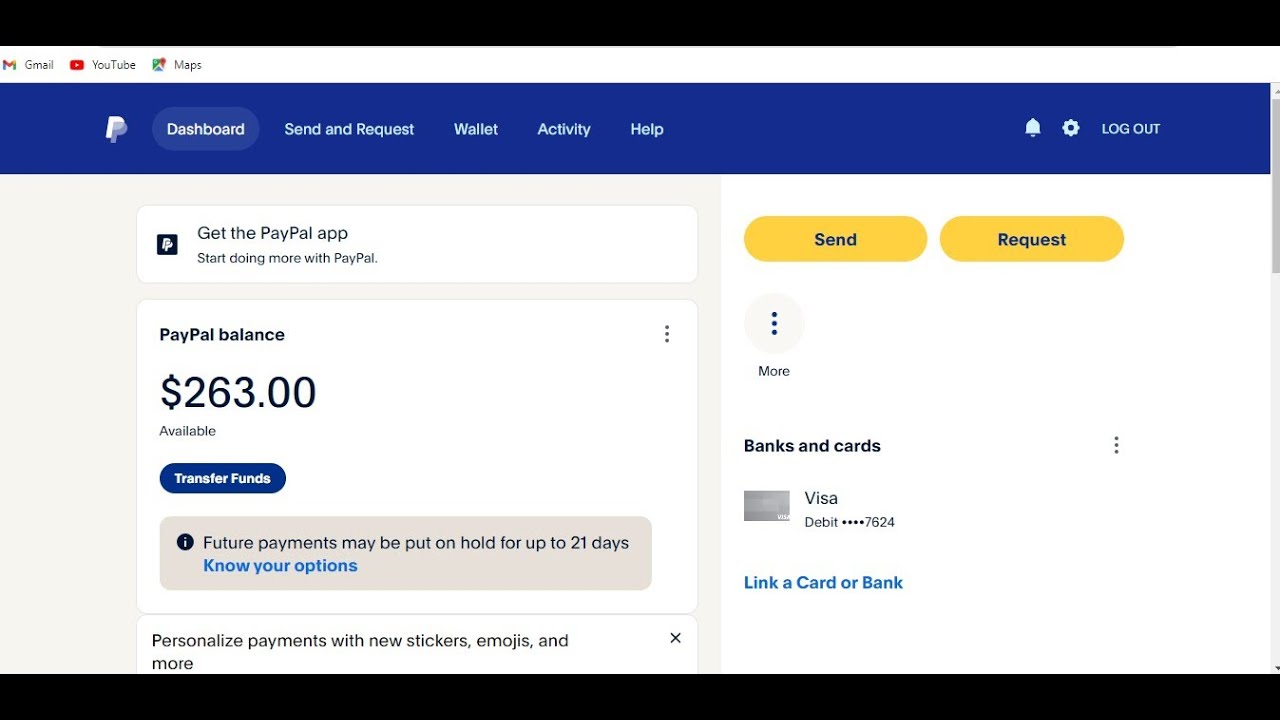
1. Protecting Both Buyers and Sellers
The primary purpose of PayPal’s 21-day fund hold is to protect buyers and sellers from disputes and fraud. This security measure ensures that parties comply with PayPal’s policies and regulations. If a buyer disputes a transaction or reports an issue, the funds remain on hold until the case is resolved. This ensures that the buyer can receive a refund if the product does not match the description or fails to arrive.
Buyer Protection:
- Ensures Product Delivery: The 21-day holding period gives buyers enough time to receive and inspect their purchases.
- Dispute Resolution: If any issues arise, buyers can open a dispute within this timeframe to request a refund.
- Prevents Fraud: The holding period prevents scammers from taking money and disappearing without fulfilling orders.
Seller Protection:
- Prevents Unjust Chargebacks: PayPal’s hold policy allows time to verify chargeback claims, ensuring they are legitimate.
- Builds Transaction History: For new sellers, the holding period helps PayPal assess their reliability. If there are no issues, the holding period can be shortened.
- Reduces PayPal’s Risk: By holding funds, PayPal minimizes its liability for fraudulent transactions or disputes.
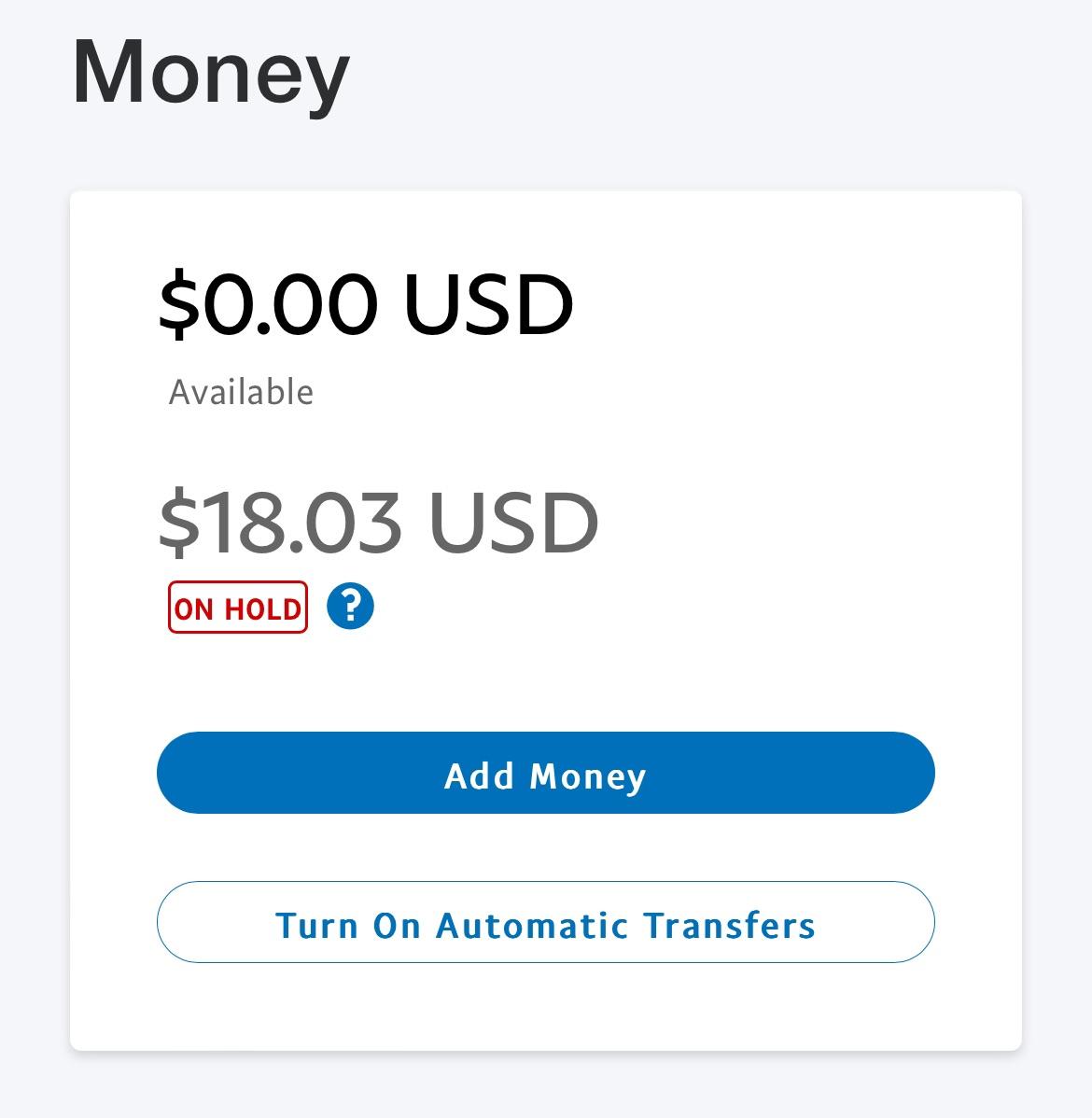
2. Ensuring Transaction Quality for New Accounts
For sellers with new or limited transaction histories, PayPal may hold funds for 21 days to assess account credibility. This particularly applies to sellers with few positive reviews or an unclear transaction history. During this period, PayPal monitors the seller’s activity and determines whether to release the funds based on transaction history, risk level, and compliance with PayPal policies.
3. Enhancing Fraud Prevention and Risk Management
The 21-day hold also helps PayPal implement fraud prevention measures. While sellers may find it inconvenient to have their funds temporarily unavailable, this policy ultimately benefits all parties in the long run. PayPal uses advanced algorithms and modern technology to monitor transactions and detect suspicious activities. If any fraudulent behavior is detected, the funds may be held longer or refunded to the buyer.
4. Releasing Funds Upon Successful Transaction Completion
After the 21-day waiting period, PayPal typically releases the funds to the seller if the transaction is completed successfully. The payment will be transferred to the seller’s account once the buyer confirms receipt of the item or if no disputes have been filed. However, if the buyer raises a dispute, the funds may remain on hold until the issue is resolved.
5. Improving the PayPal Experience for Users
Although holding funds for 21 days may frustrate some sellers, this policy enhances user protection. By implementing a robust security system for both buyers and sellers, PayPal fosters a safe and trustworthy marketplace. This ensures that transactions are fair and transparent for all users.
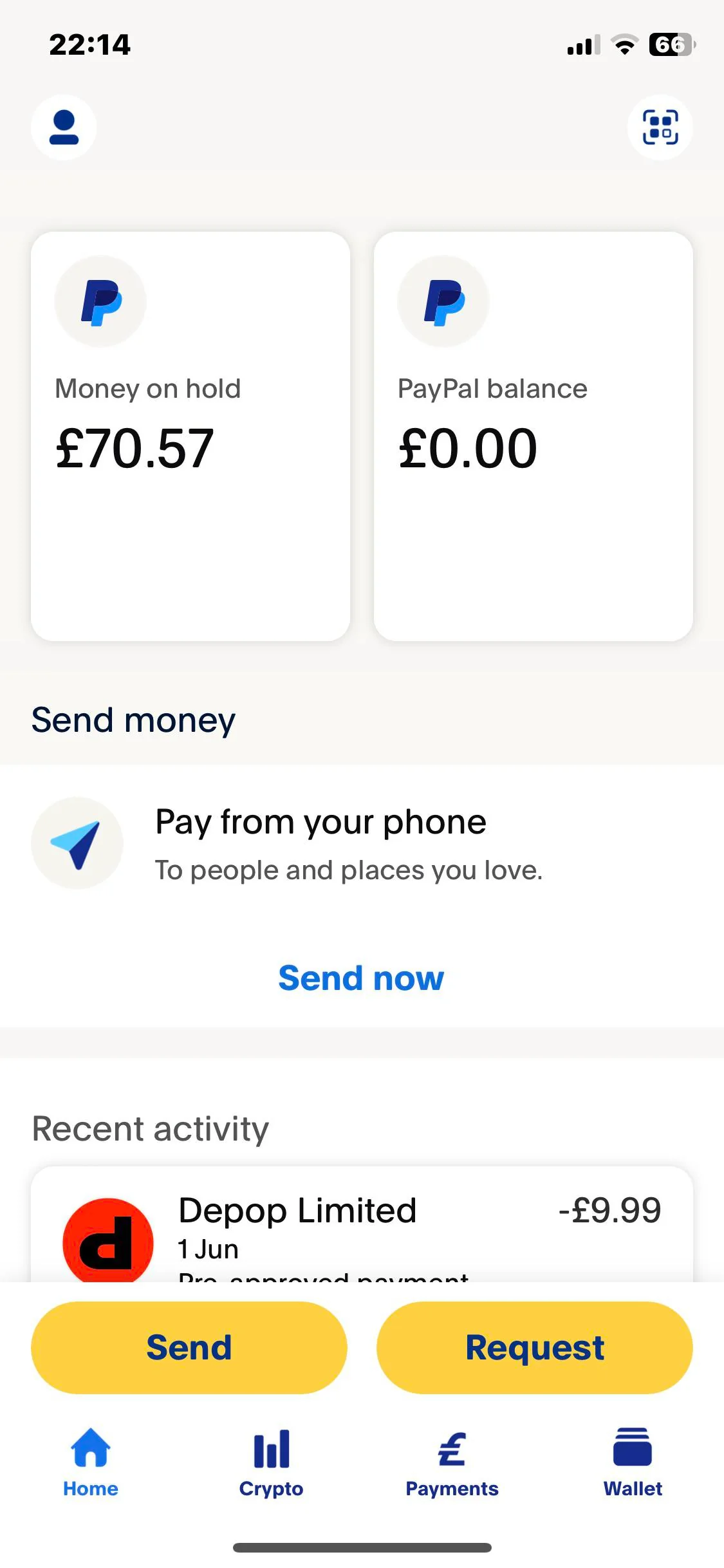
Conclusion
The PayPal 21-day fund hold can be seen as a “prevention is better than cure” strategy, providing a dual layer of security that reassures buyers while helping sellers establish credibility. While this policy may create temporary financial challenges for sellers, it serves as a foundation for PayPal’s commitment to transparency, security, and fairness—key factors in the sustainable growth of e-commerce. Sellers can proactively reduce this waiting period by maintaining a strong transaction history and strictly adhering to PayPal’s guidelines.
Additionally, Hac Ecommerce offers a range of comprehensive services designed to support and empower businesses operating in the POD (Print on Demand) industry. These services include fulfillment solutions, payment account rentals, and design cloning, all of which are tailored to meet the unique needs of entrepreneurs in this niche.
